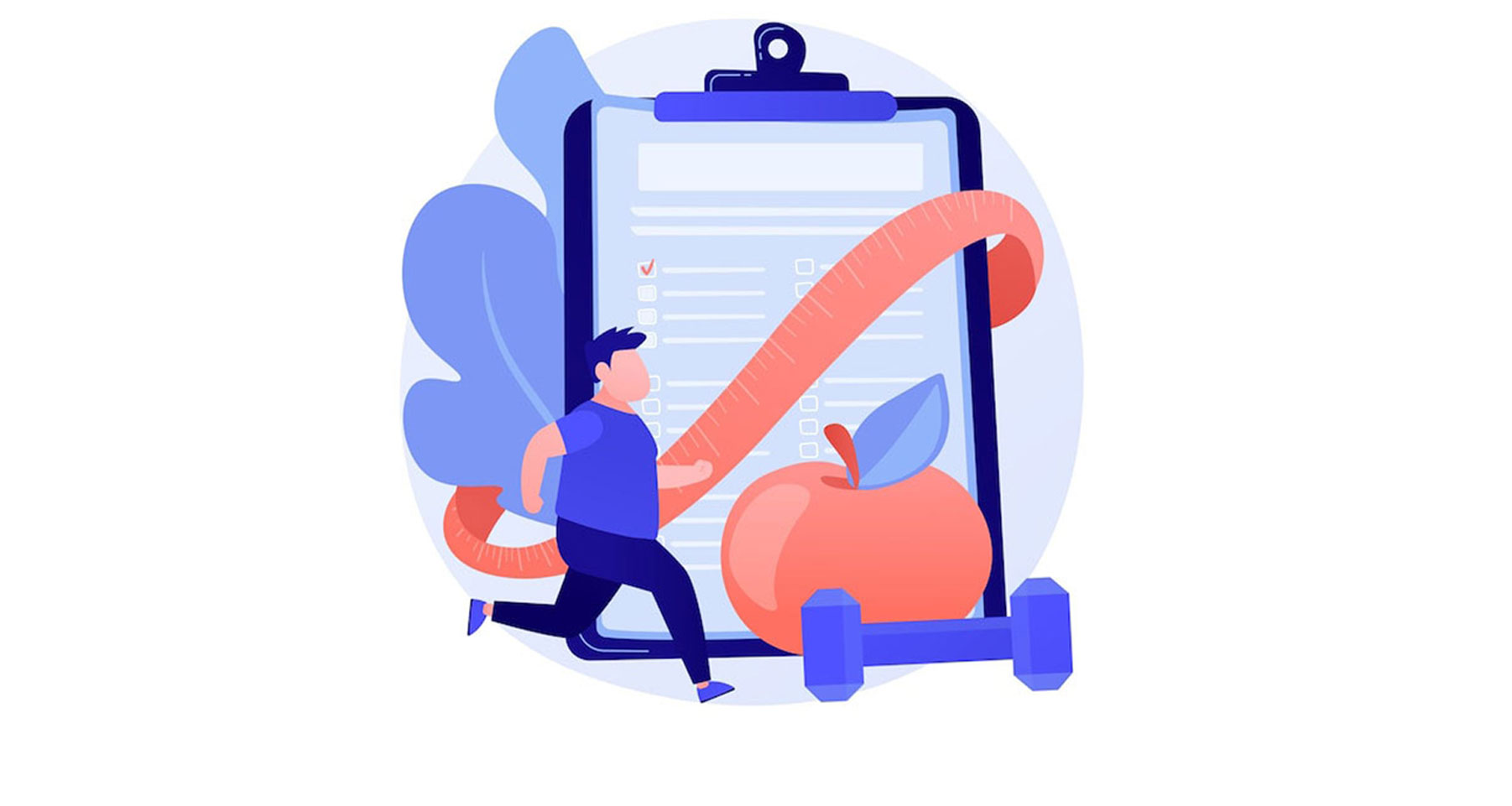You are individual and you are our priority
Obesity is associated with many problems such as heart disease, high blood pressure, and diabetes. Phentermine and topiramate extended-release capsules are used to reduce weight if you are overweight or have weight-related problems. This medicine is used with exercise and a reduced-calorie diet. It is unknown how this medication helps in weight loss. It may decrease appetite and increases the amount of energy used by the body or by having an impact on specific brain areas.
Phentermine belongs to a group of medicine called sympathomimetic amines and is an appetite suppressant. Topiramate also called an anticonvulsant is used as a seizure medicine.
Qsymia should be used in adults with BMI (body mass index) of 30 kg/m2 or greater or 27 kg/m2 or greater and has at least one comorbidity associated with their weight such as high blood pressure, type 2 diabetes, high cholesterol, or dyslipidemia.
It is believed that Phentermine acts as a sympathomimetic agent which suppresses appetite and increases metabolism. It is unknown how topiramate works to cause people to lose weight. Topiramate has been linked to weight loss through various mechanisms, including neurotransmitter-mediated appetite suppression and satiety enhancement.
With or without food, Qsymia is easily absorbed when taken orally. For Phentermine and Topiramate, peak concentrations (Cmax) are obtained after 6 and 10 hours, respectively. For phentermine, the half-life is 20 hours, while for topiramate, it is 65 hours.
Take Qsymia as instructed by your doctor. Read all medication instructions or recommendations, and follow all directions listed on your prescription label. Your healthcare provider starts Qsymia with a diet and exercise program. As you receive treatment, continue with this program.
Take this medicine once in the morning, with or without food. Drinking plenty of water prevents dehydration.
This medicine may cause sleep difficulty if it is taken in the evening.
After 12 weeks:
Your healthcare provider may advise you to increase your dosage if, within the first 12 weeks of treatment at the recommended dose, you do not lose a specific amount of weight or, for children 12 years of age and older, do not experience a specific fall in BMI.
If the healthcare provider increases your dosage:


After an additional 12 weeks of treatment on the higher dose, your healthcare provider should advise you to discontinue taking Qsymia if you have not lost a specific quantity of weight or, for youth 12 years of age and older, experienced a specific fall in BMI.
Without talking to your healthcare provider, don’t stop Qsymia. Sudden discontinuation of Qsymia can result in major issues including seizures. Your doctor or healthcare provider will tell you how to stop Qsymia slowly.
The Qsymia Risk Evaluation and Mitigation Strategy is the only authorized channel through which Qsymia can be obtained (REMS).
Inform your doctor if you are allergic to Phentermine or Topiramate or if you have:
During pregnancy, weight loss can harm an unborn baby. While taking Qsymia, use an effective birth control method to avoid getting pregnant.
If you miss a dosage, skip it and take your regular dose the next morning. You should never take two doses to make up for a missed dose.
Overdose of Phentermine and Topiramate can be dangerous.
Common side effects include:
If you suffer any of the following severe side effects, call your doctor right away:
Store Qsymia at room temperature away from heat and moisture. Unneeded medicines should be disposed of in a certain manner to prevent pets, kids, and other people from taking them. A medication take-back program is an ideal way to dispose of your medication.
It's possible for Phentermine to cause addiction. The misuse of drugs can lead to overdoses, addictions, and even death.
It is necessary to keep your weight under control as being overweight is associated with several diseases. Specialty Care Clinics offer various weight loss program along with medication, exercise, and diet which helps in weight loss. Contact us at 469-545-9983 to know how weight loss can be managed.